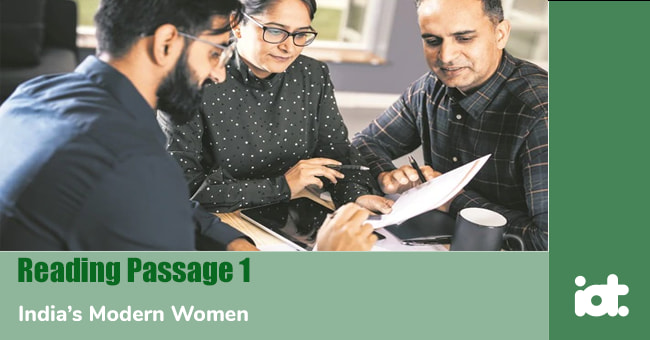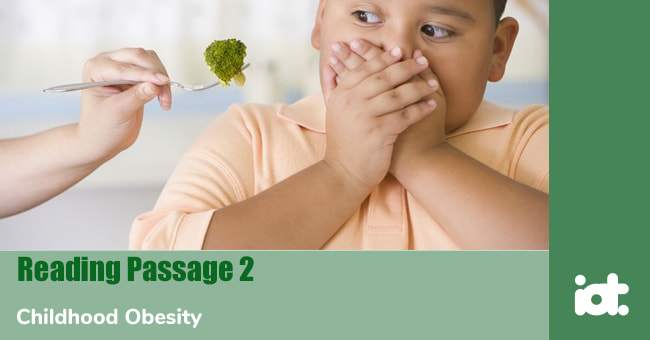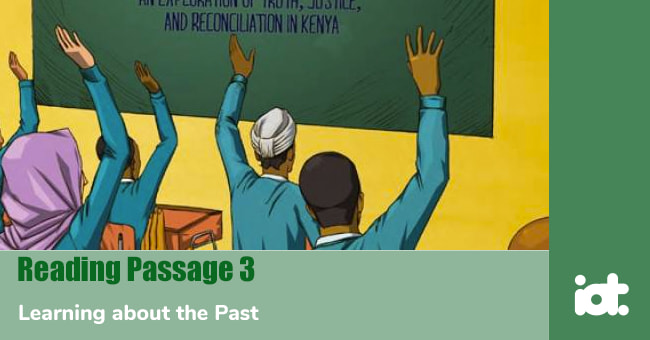
IELTS Practice Test Volume 8
- Đăng ngày: 04 Dec 2019
- Tests taken: 452,087
Đáp án
Part 1: Question 1 - 13
- 1 Guilt free materialism
- 2 Careerism
- 3 Parental ties
- 4 Marital freedom
- 5 Sex and divorce
- 6 consumer group
- 7 dating
- 8 a noble cause
- 9 FALSE
- 10 TRUE
- 11 FALSE
- 12 NOT GIVEN
- 13 NOT GIVEN
- 1 Guilt free materialism
- 2 Careerism
- 3 Parental ties
- 4 Marital freedom
- 5 Sex and divorce
- 6 consumer group
- 7 dating
- 8 a noble cause
- 9 FALSE
- 10 TRUE
- 11 FALSE
- 12 NOT GIVEN
- 13 NOT GIVEN
Part 2: Question 14 - 26
- 14 C
- 15 G
- 16 H
- 17 A
- 18 22 A,C,D,F,H
- 23 A,B
- 24 A,B
- 25 A
- 26 A
- 14 C
- 15 G
- 16 H
- 17 A
- 18 22 A,C,D,F,H
- 23 A,B
- 24 A,B
- 25 A
- 26 A
Part 3: Question 27 - 40
- 27 A
- 28 A
- 29 C
- 30 B
- 31 fuelling a conflict
- 32 see themselves
- 33 classrooms
- 34 a single narrative
- 35 rigid ideology
- 36 TRUE
- 37 NOT GIVEN
- 38 FALSE
- 39 NOT GIVEN
- 40 TRUE
- 27 A
- 28 A
- 29 C
- 30 B
- 31 fuelling a conflict
- 32 see themselves
- 33 classrooms
- 34 a single narrative
- 35 rigid ideology
- 36 TRUE
- 37 NOT GIVEN
- 38 FALSE
- 39 NOT GIVEN
- 40 TRUE
Leaderboard:
| # | Thành viên | Điểm | Thời gian | |
|---|---|---|---|---|
| Rahil Kotadiya |  | 9.0 | 15:39 | |
| nguyễn khôi |  | 9.0 | 15:59 | |
| thái nguyễn |  | 9.0 | 16:16 | |
| 4 | Tuan Hung |  | 9.0 | 16:35 |
| 5 | Nguyen Van Dinh lLam |  | 9.0 | 16:52 |
| 6 | Nguyen Tuan Cuong |  | 9.0 | 17:34 |
| 7 | monisola dairo |  | 9.0 | 18:07 |
| 8 | Awais Murtaza Murtaza |  | 9.0 | 18:27 |
| 9 | Nivedita Lade |  | 9.0 | 20:09 |
| 10 | Thuy Le Kim |  | 9.0 | 20:14 |
Giải thích chi tiết
Questions 1-4
The text refers to 6 main findings when young Indian women were surveyed.
Which finding contains each of the following pieces of information?
Young Indian women who want more tend to be poorer.
1
Few young Indian women want to be housewives.
2
Most young Indian women want to take care of their retired parents.
3
Most young Indian women want to be financially independent.
4
- 1 Answer: Guilt free materialism
- 2 Answer: Careerism
- 3 Answer: Parental ties
- 4 Answer: Marital freedom
Questions 5-8
Complete the following sentences using NO MORE THAN THREE WORDS from the text for each gap.
5 are freely talked about on American TV shows.
Young women are considered to be the future’s most important 6 by many companies.
Most young Indian women surveyed agree that 7 before marriage is necessary.
In the past, young Indian women who wanted careers were most likely to consider teaching or becoming doctors because each of these is considered to be 8
- 5 Answer: Sex and divorce
- 6 Answer: consumer group
- 7 Answer: dating
- 8 Answer: a noble cause
Questions 9-13
Do the following statements agree with the information given in Reading Passage 1?
In boxes 9 - 13 on your answer sheet, write
| TRUE | if the statement agrees with the information |
| FALSE | if the statement contradicts the information |
| NOT GIVEN | If there is no information on this |
9 The effect of American culture on young Indian women was not forecast when satellite and cable TV arrived in India.
10 Researchers used three methods to get their data.
11 Most young Indian women are aiming for perfection.
12 Most of the best journalists on TV in India arc women.
13 Modern men and women in India cook together.
- 9 Answer: FALSE
- 10 Answer: TRUE
- 11 Answer: FALSE
- 12 Answer: NOT GIVEN
- 13 Answer: NOT GIVEN
Reading Passage 1
You should spend about 20 minutes on Questions 1 -13, which are based on Reading Passage 1 below.

India’s Modern Women
The country’s younger generation is shedding submissive attitudes, wants careers, and longs for wealth. And marketers are paying attention. When the first American music videos and popular TV shows began appearing in Indian homes in the early 1990s thanks to satellite and cable, many pundits predicted Indian society would never be the same. For the first time, female viewers saw independent, successful women and fun, sensitive guys. Sex and divorce were openly discussed in these TV imports and couples kissed passionately - then still a taboo in Indian TV shows and movies.
Indeed, the impact on younger generations of Indian women has been profound. Whereas Indian women traditionally have been submissive to parents and husbands and valued frugality and modesty, a number of sociological studies show that young Indian females now prize financial independence, freedom to decide when to marry and have children, and glamorous careers. A generation back, women would sacrifice themselves and believed in saving. Today, it is spend, spend, spend. It is OK for a woman to want something for herself, and people will accept it if she goes out into a man’s world making a statement.
Because today’s young women are the key consumer group of tomorrow, these shifts have big implications for marketing companies. And the trends come out clearly in two recent studies. One study examined 3,400 unmarried women aged 19-22 of different income and social levels. Altogether, the project involved 40 focus groups in five large urban areas and five smaller cities. In some cases, the researchers lived with the women for a while to study them more closely. The researchers supplemented this data with interviews of journalists, teachers, and psychologists.
Among the findings:
- Guilt-free materialism. 51% of young single women in major urban areas say it is necessary to have a big house and big car to be happy. In smaller cities, 86% agreed with this statement. This shows that the less women have, the greater are their aspirations. One woman interviewed was making just $200 a year but said she wants to own a jet plane. A typical comment in recent interviews was, ‘I want money, fame, and success.'
- Parental ties. Traditionally, parents regarded girls as somebody else’s future property. They arranged marriages for their daughters, and then the daughters would go away and take care of their in-laws, so parents needed and doted on sons. However, today’s young women are rebelling against that. 67% say they plan to take care of their parents into their old age - and that means they need money. The company Unilever played on that sentiment with a recent controversial - but successful - ad for its Fair and Lovely line of beauty products. A daughter came home and found that her parents had no sugar for coffee because they couldn’t afford it. She became an airline hostess after using the Fair and Lovely products to make her beautiful. She then visited her parents and took them to a first-class restaurant.
- Marital freedom. Now, many women say they will marry when ready - not when their parents decide to marry them off. 65% say dating is essential, and they also want to become financially independent before they marry. 76% say they want to maintain that independence afterwards. 60% say they will decide how to spend their own salaries. What is more, 76% say they will decide when to have children. They now regard this as the woman’s decision completely. In big metro areas, 24% say they never want children, and that number reaches 40% in smaller cities.
- Individualism. Female role models in Indian culture used to personify perfection. Now, 62% of girls say it is OK if they have faults and that people see them. They do not want to be seen as Mrs. Perfect. Popular TV role models are like Phoebe in ‘Friends’ - women who commit blunders.
- Careerism. A decade ago, most young women saw themselves as housewives. After that, most said they wanted to be teachers or doctors. If they had a profession at all, it had to be a noble cause. Now, it is about glamour, money, and fame. A surprising 45% of young single females say they would like to be journalists. This may be because prominent female Indian journalists, especially TV reporters, are seen as very glamorous. Another 39% say they would like to be managers, 38% are interested in design, and 20% think they want to be teachers. Interestingly, 13% say they would like to be in the military. The percentage of those saying they want to be a full-time housewife is minuscule.
- Modern husbands. The relationship with the husband used to be one of awe. Now, women want a partner and a relationship of equals. A recent Whirlpool ad shows a man washing the family clothes before his wife comes home from work, while a Samsung home appliance ad shows a husband and wife cooking together.






